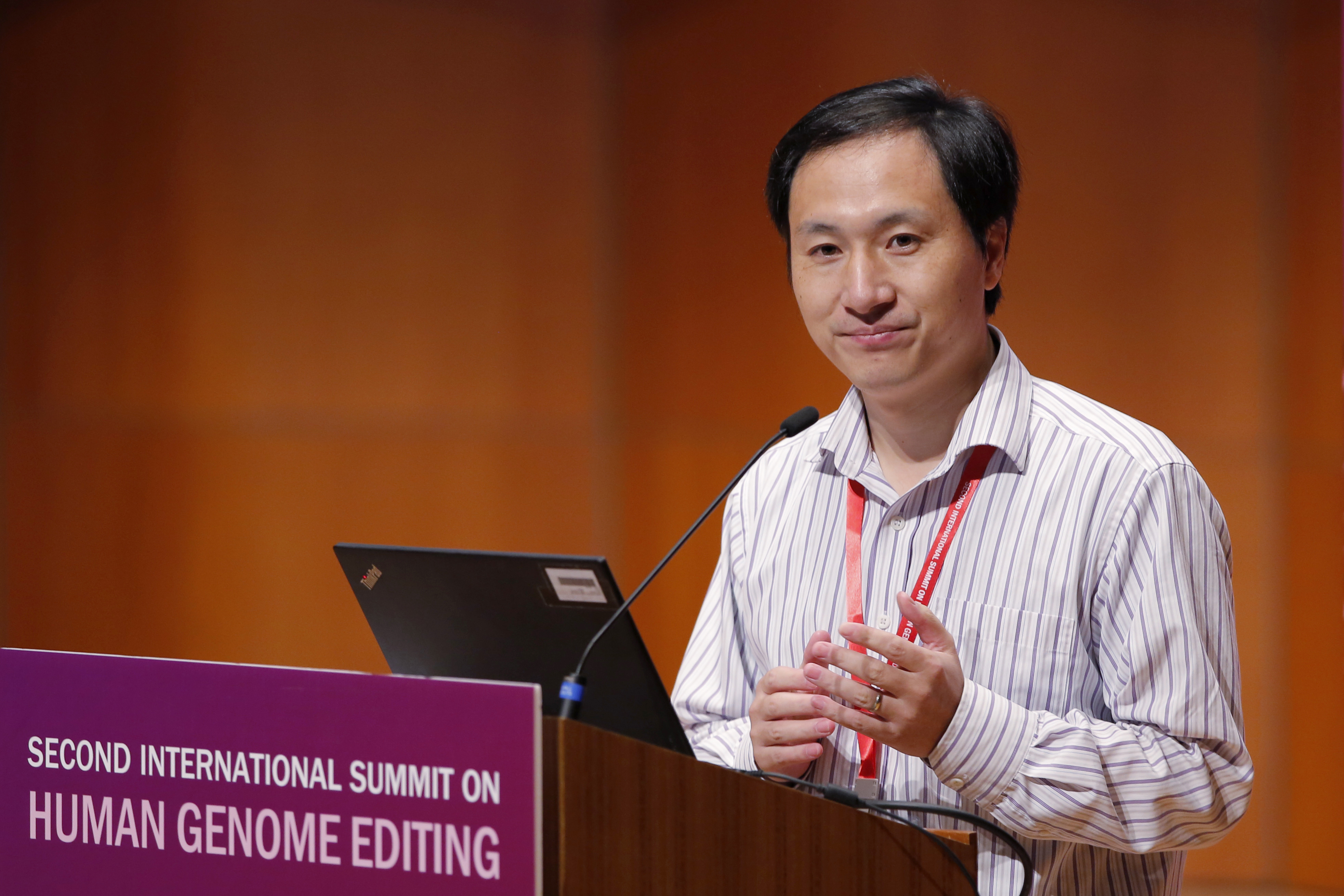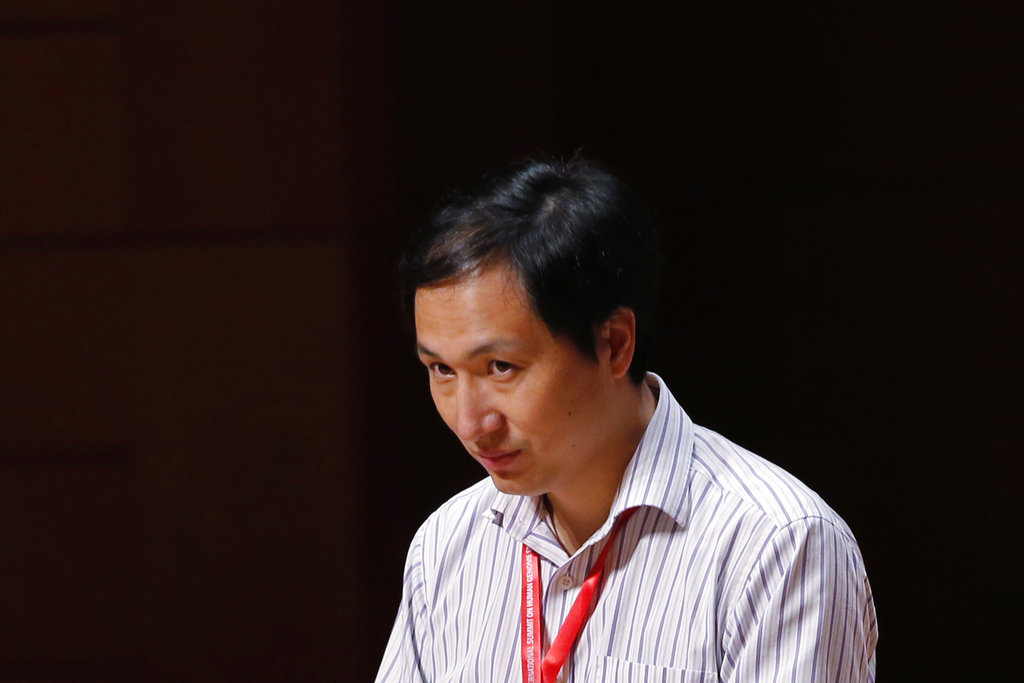In the near future, a young couple in a hospital clinic is going to be presented with a harrowing choice: they can choose to have their baby the normal way, as it always has been done - or they can pay extra to guarantee that their child will have extra intelligence, good looks, and live a life free of disease.
While this situation seems straight out of science fiction, recent advances in gene editing show that it is coming far sooner than we think. On November 26, the Associated Press reported that a scientist, He Jiankui, from Shenzhen, China, claims to have helped make the “world’s first genetically edited babies.” In a series of experiments, he and his team edited the embryos of seven couples to insert a trait which could make the girls resistant to future infection from HIV. One of the embryos resulted in the birth of twin girls.
The trials were widely condemned, but scientists knew this day would come. That’s because a technology called CRISPR, which is based on systems that bacteria have used for millions of years to fight off viruses, has made it possible to edit the code of life. According to one estimate by researchers at University of Pennsylvania’s Center for Cognitive Neuroscience, CRISPR is 150 times cheaper than other existing genetic modification techniques, and it’s on the way to becoming simple enough that virtually anyone, anywhere can conduct powerful biological tests with minimal resources.
Whether or not we are ready for it, gene editing is entering the mainstream, and it will force every society to deal with tough questions about what they value and what it means to be human.
In the few short years since its discovery as a means to editing DNA, CRISPR has been used to create extra-muscular beagles, mosquitoes that don’t have malaria, and remove an inherited condition from human embryos. But that’s nothing compared to the potential it has for tomorrow. According to a report published in medical journal Frontiers in Public Health, CRISPR holds the promise to “eliminate single-gene disorders, insert protective genes, and potentially replace or modify genes to enhance physical and mental traits.” That could mean the end of cancer, genetic disorders, and thousands of other diseases.
But in the hands of terrorists, dictators, and unscrupulous leaders, CRISPR can prove to be a powerful weapon. It can allow for the creation of new viruses, and the removal of personality traits deemed undesirable. In certain cases, such as what happened in China, the changes made to an embryo today can forever alter the human gene pool for future generations - actions that put us into entirely unknown territory full of unintended consequences.
There are currently no international agreements or bodies overseeing this work. Instead, it will be up to each community to decide how they want to integrate CRISPR into their medical practices. Polling from Pew Research Center shows that people are generally permissive about the use of the technology for targeting serious diseases.' But when it comes to using CRISPR for enhancement, the vast majority are apprehensive. Even within homogenous groups, opinions vary greatly depending on upbringing, gender, education, and religious views.
What is not an option is reversing the advancement of CRISPR. History has shown us that when cutting-edge research is banned in one place, it moves to a jurisdiction with less constraints. In China, there is an overarching view that what’s best for society outweighs what is best for the individual, an attitude that will allow for daring and morally questionable experiments in the name of moving science forward.
In the absence of regulation, we rely on culture and ethics to guide us toward handling this technology responsibly. That means each society will have to deal with thorny questions around what is considered good, healthy, and normal. They will have to work through the difficult inequality issues that exist around healthcare today, since gene editing will only make these discrepancies sharper.
CRISPR allows us the chance to conquer biology, but using it productively requires us to reach consensus on whether the imperfections that make us human are a bug or a feature.
Tarun Wadhwa is Founder & CEO, Day One Insights, and Visiting Instructor, Carnegie Mellon University Silicon Valley. He tweets @twadhwa













